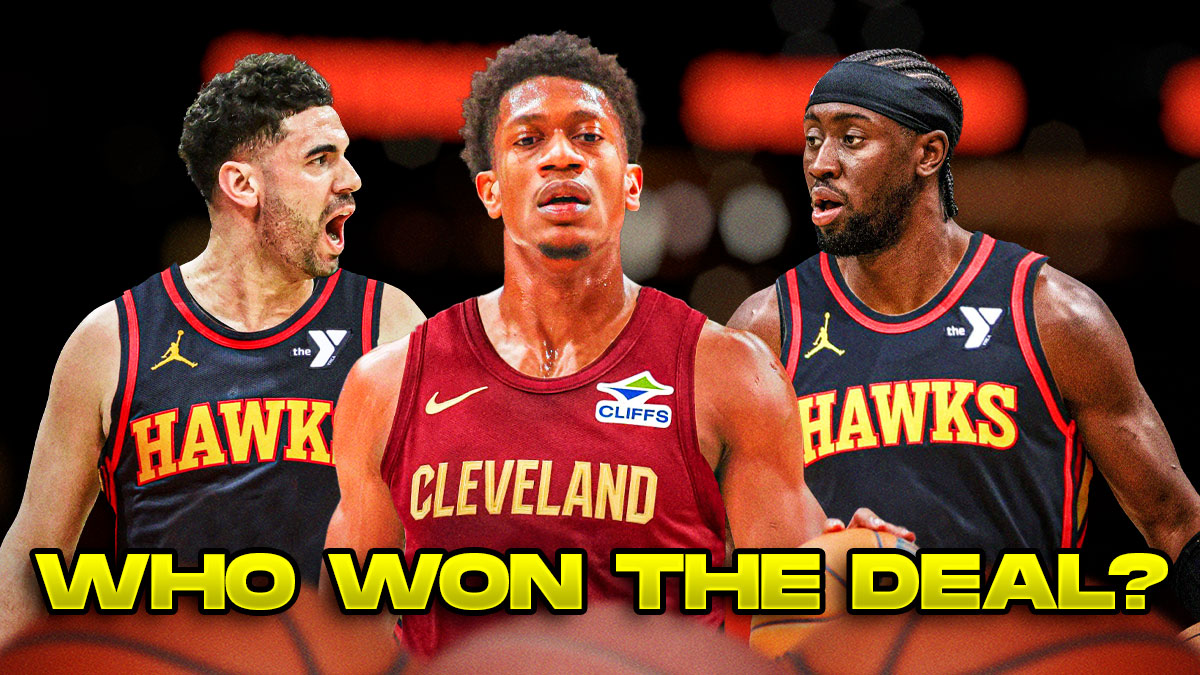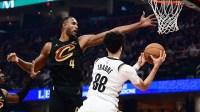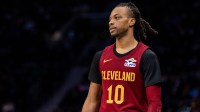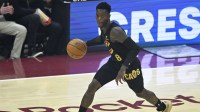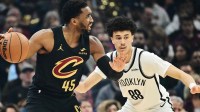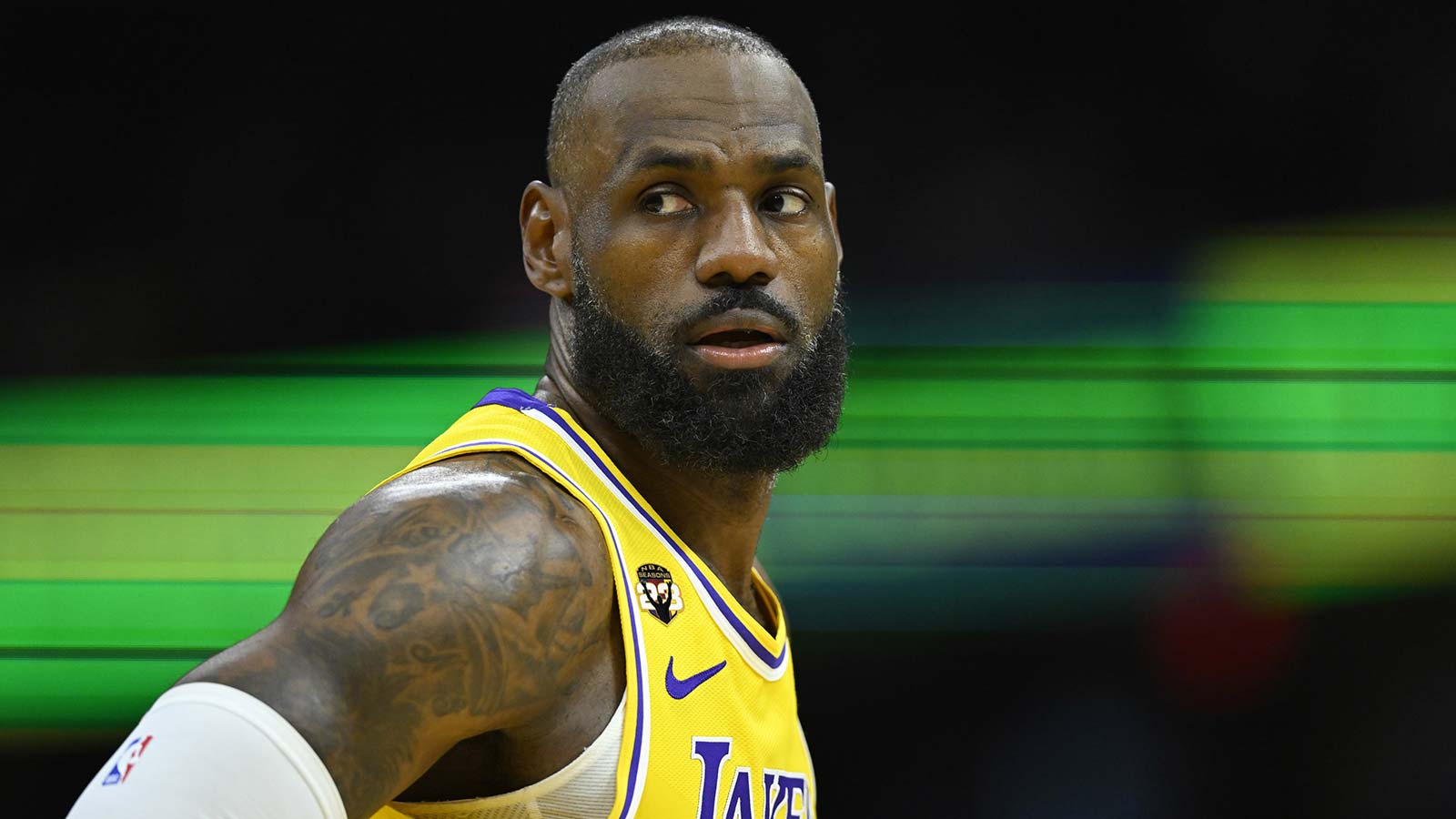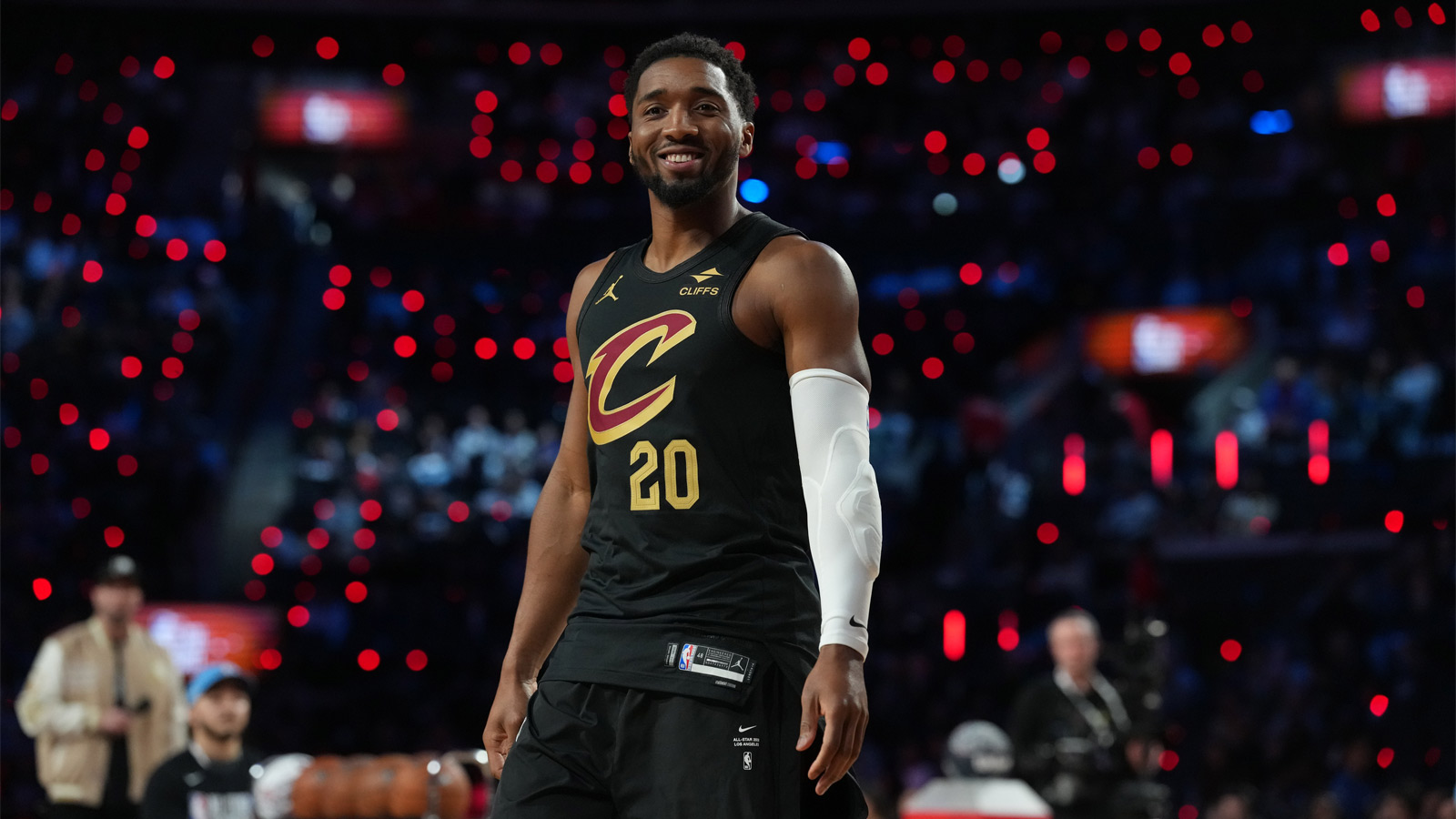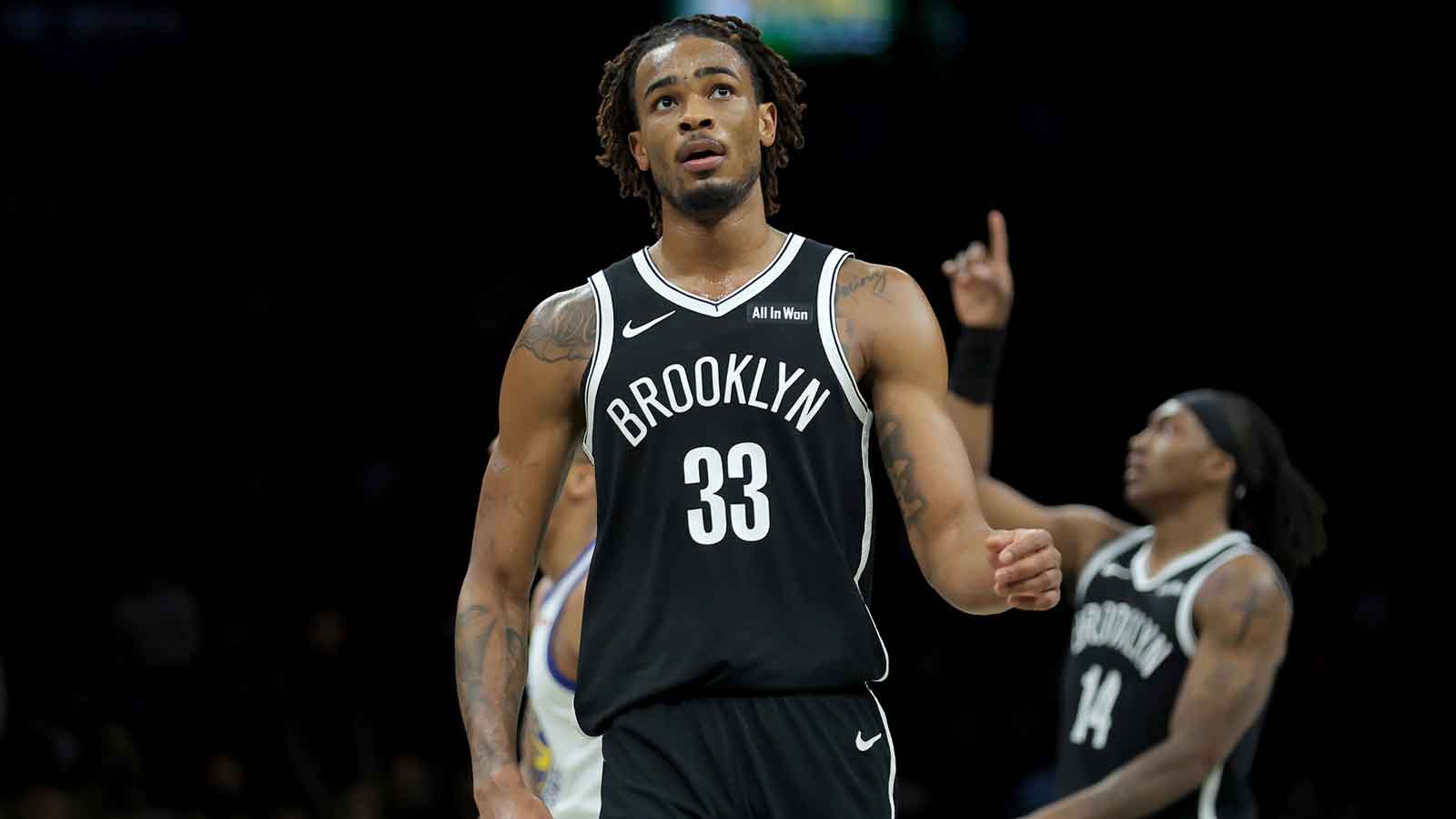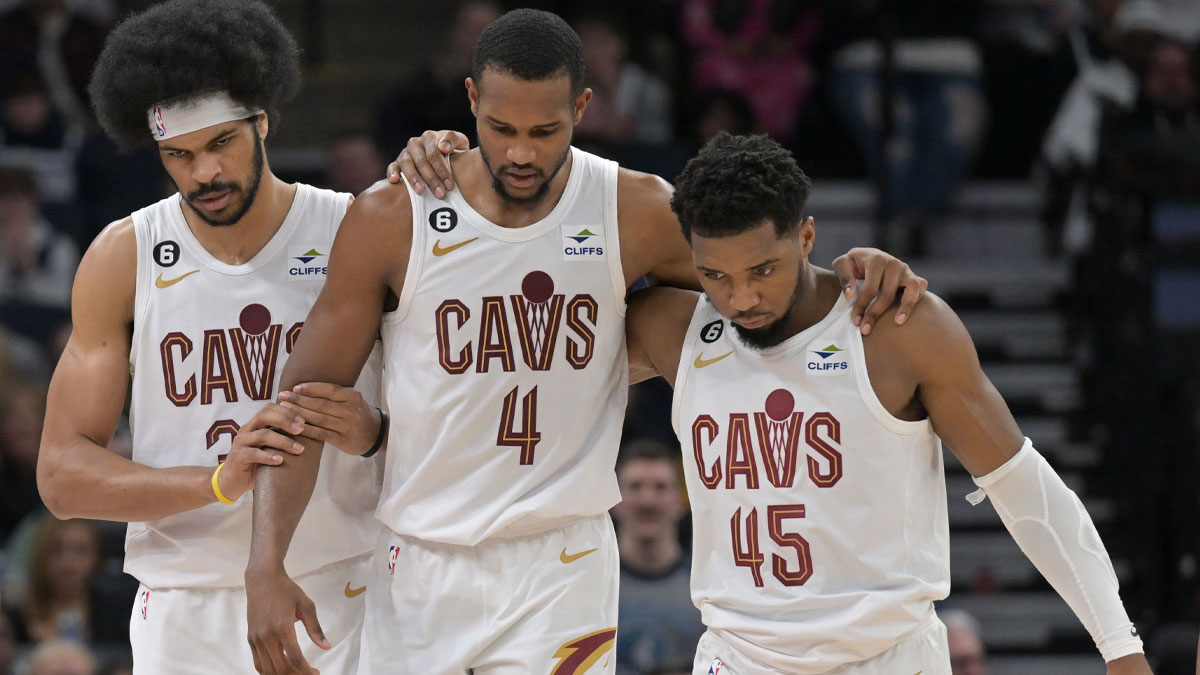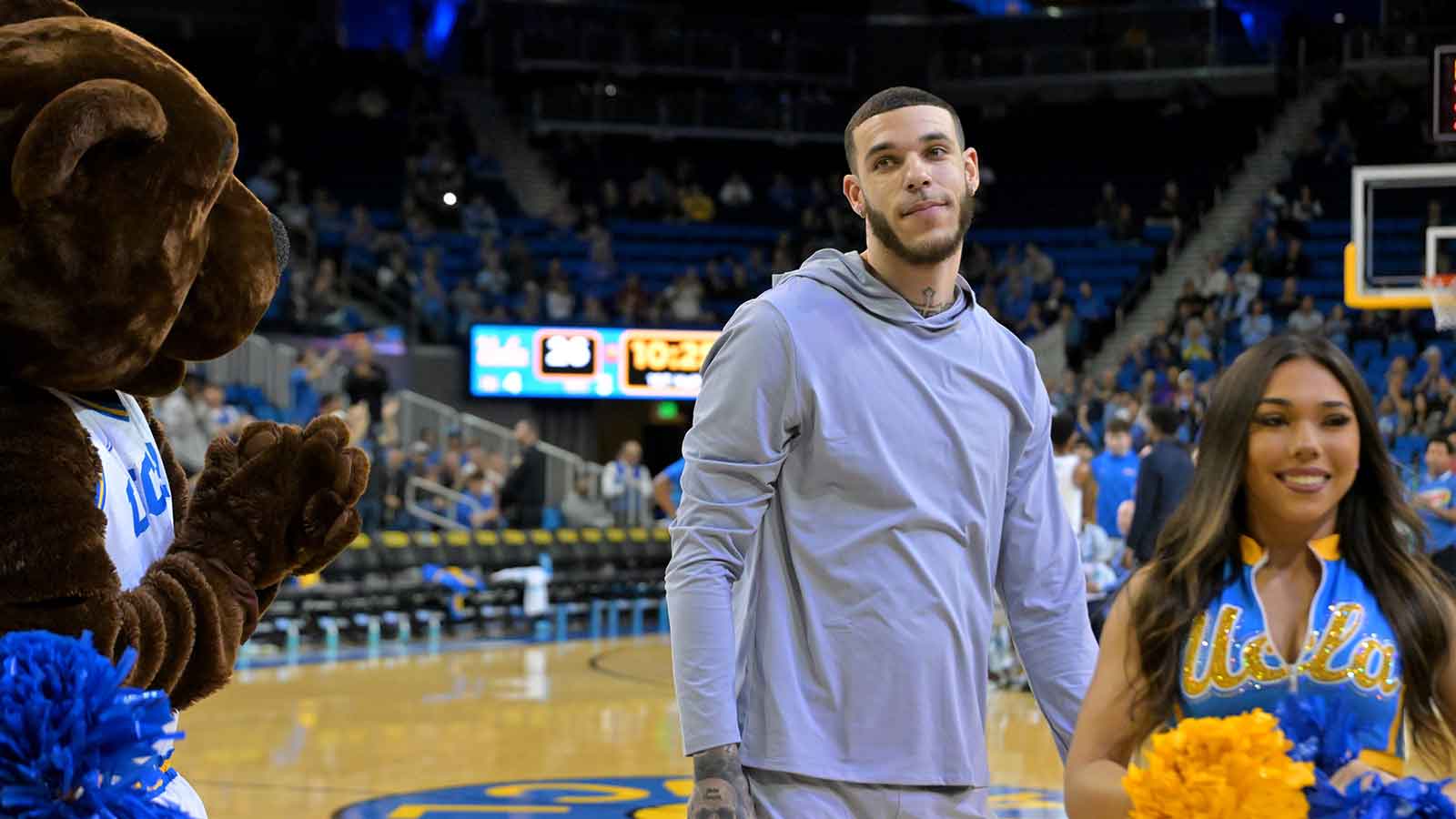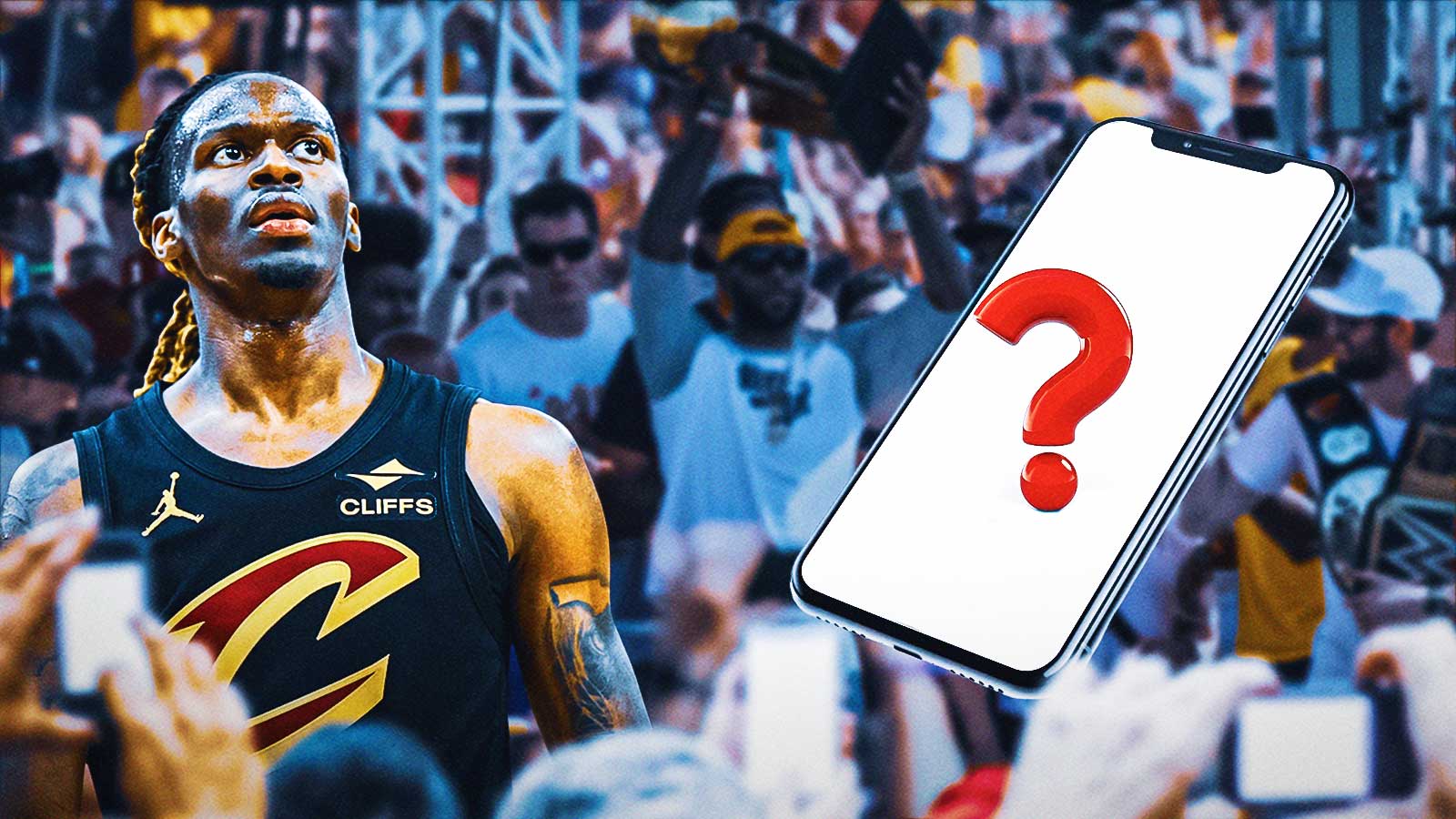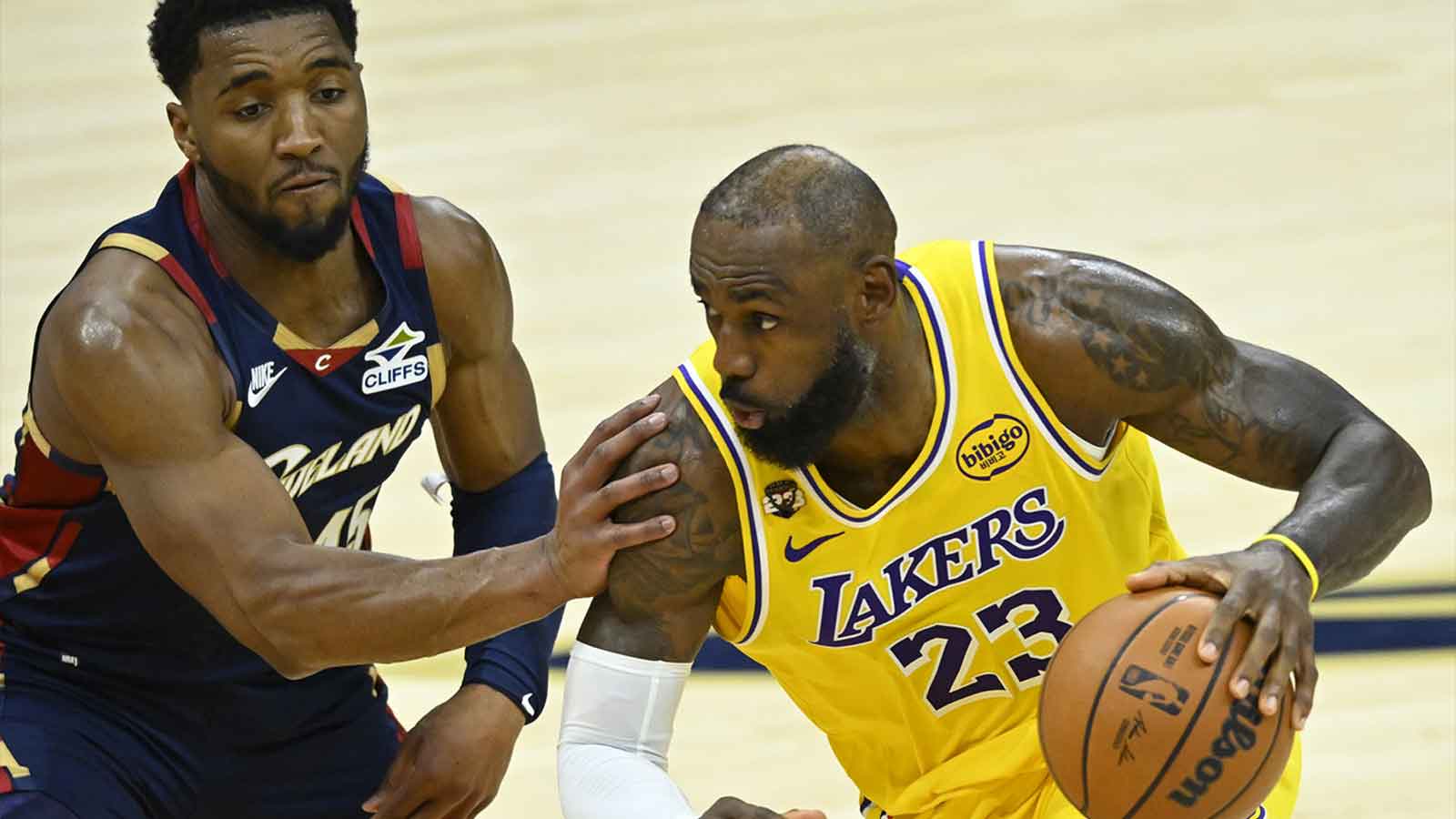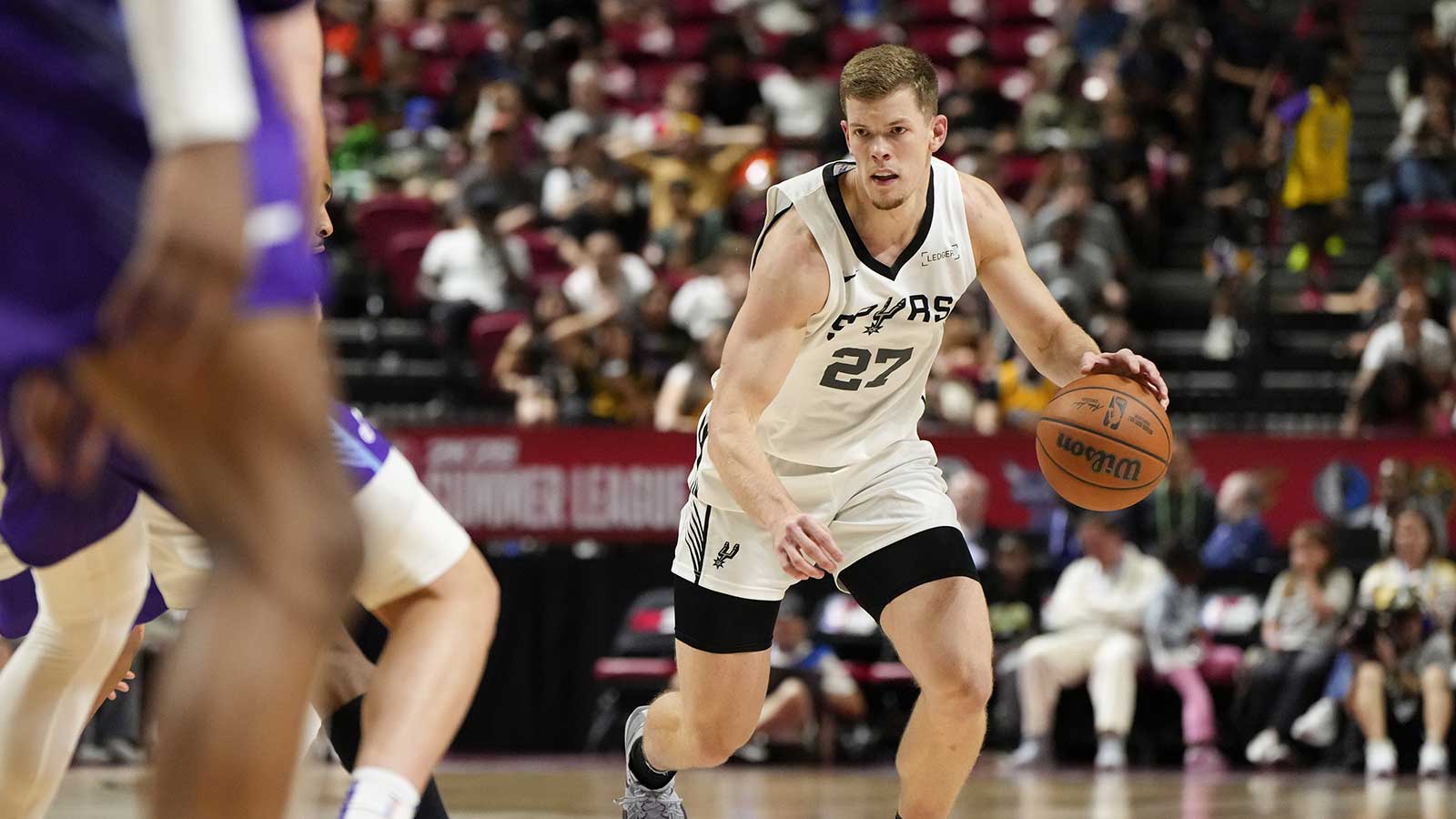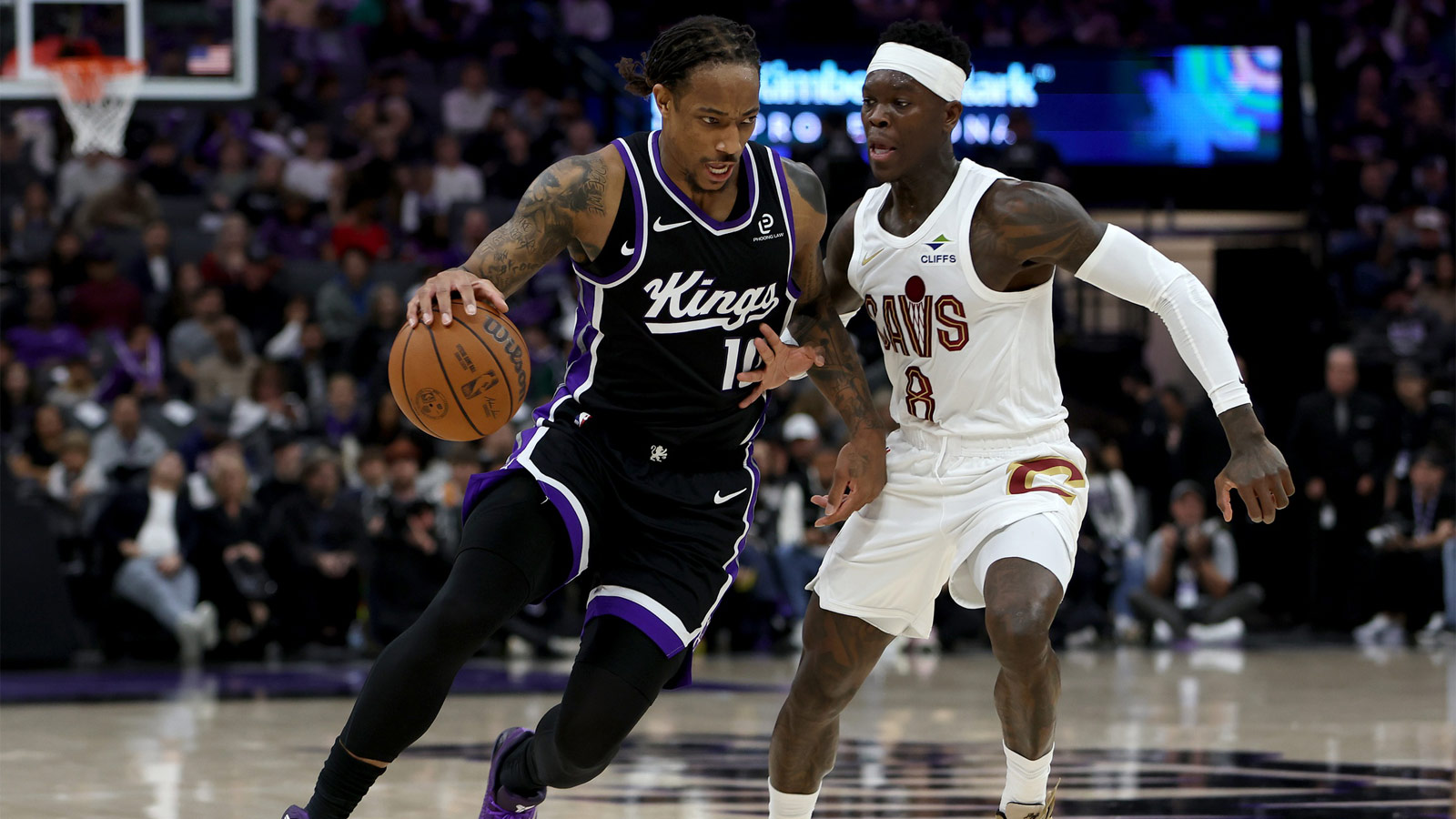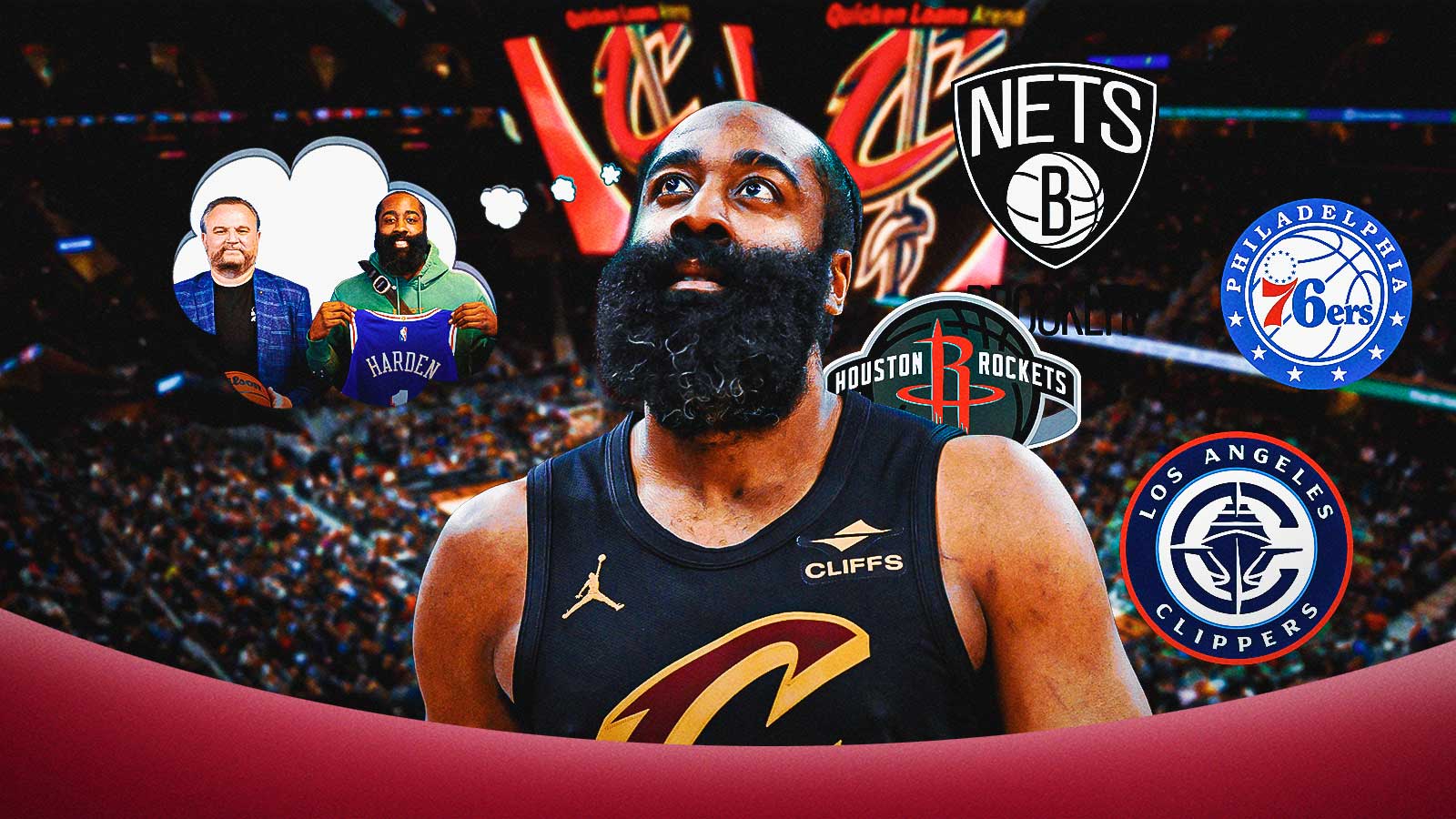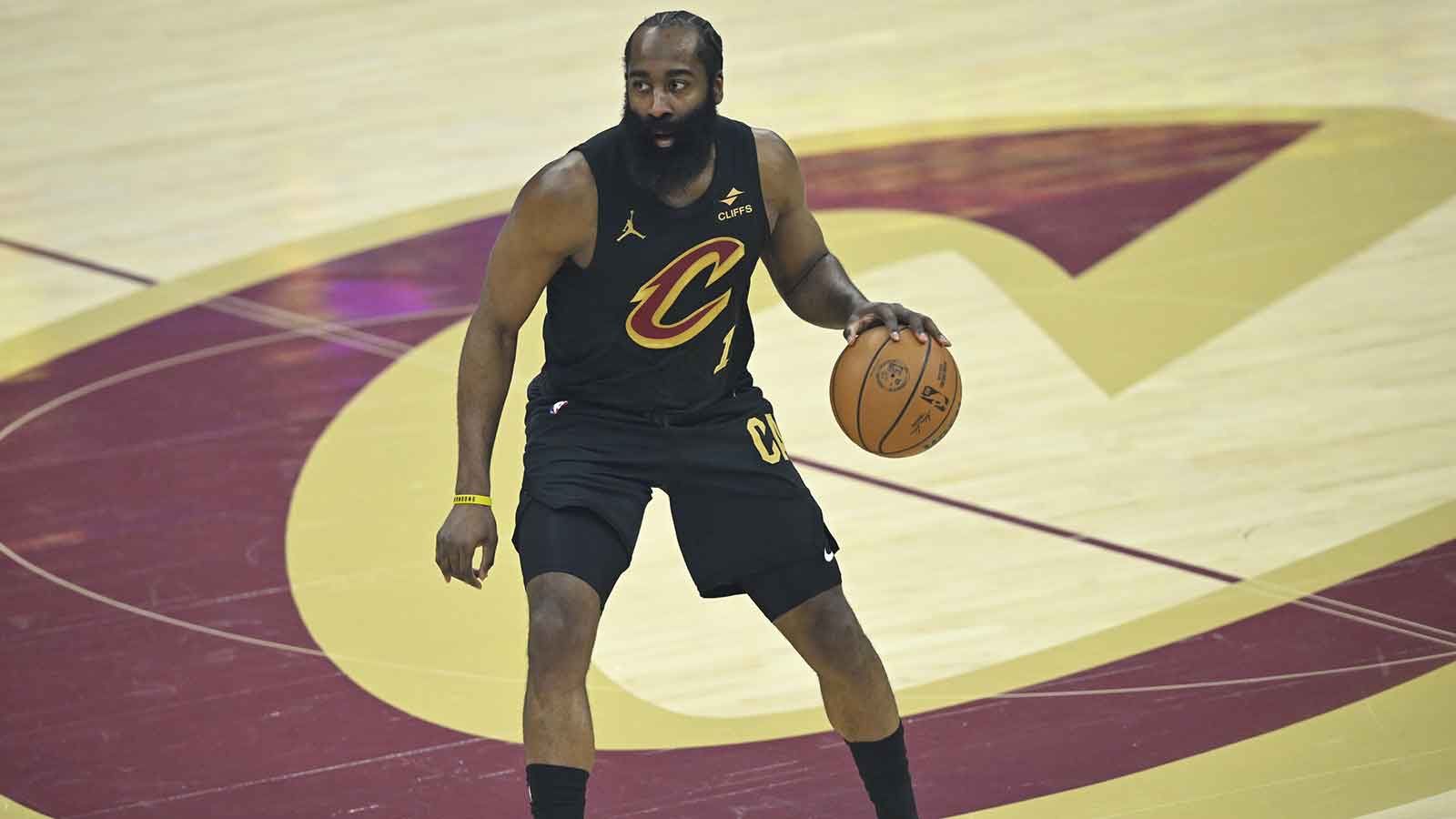One key reason the Cleveland Cavaliers struggled recently against the Boston Celtics was Dean Wade's absence. Wade is sidelined with a persistent knee injury. Wade's impact on the court is undeniable; when he plays, the Cavs outscore their opponents by an impressive 7.2 points per 100 possessions. In contrast, that number drops drastically to just 0.5 points when he’s off the floor or injured.
These statistics underscore Wade’s immense value to the team and clarify why head coach Kenny Atkinson holds him in such high esteem. However, relying too heavily on Wade for offensive success is a risky proposition—akin to building a house of cards. While injuries are unavoidable, the Cavs cannot hinge their strategies solely on Wade's availability.
Wade brings the versatility to navigate challenging matchups. The Cavs boast a stellar 30-5 record when he’s on the court, compared to only 10-5 without him. Yet, with Wade's history of injuries, leaning exclusively on him becomes worrisome for the team's championship ambitions.
As the annual trade deadline approached, it became clear the Cavs needed another wing to fill Wade’s role. Fortunately, with less than two hours to go, they made a move. Cleveland struck a deal with the Atlanta Hawks, acquiring forward De’Andre Hunter.
In the trade, the Cavs sent Caris LeVert, Georges Niang, three second-round picks (2027, 2029, and 2031), and two pick swaps to Atlanta. At first glance, this seems like a steal for Cleveland. However, examining the broader implications of their only trade deadline move is essential, especially with how Hunter will fit with the Cavs.
The Cavs land a player they've coveted in De'Andre Hunter
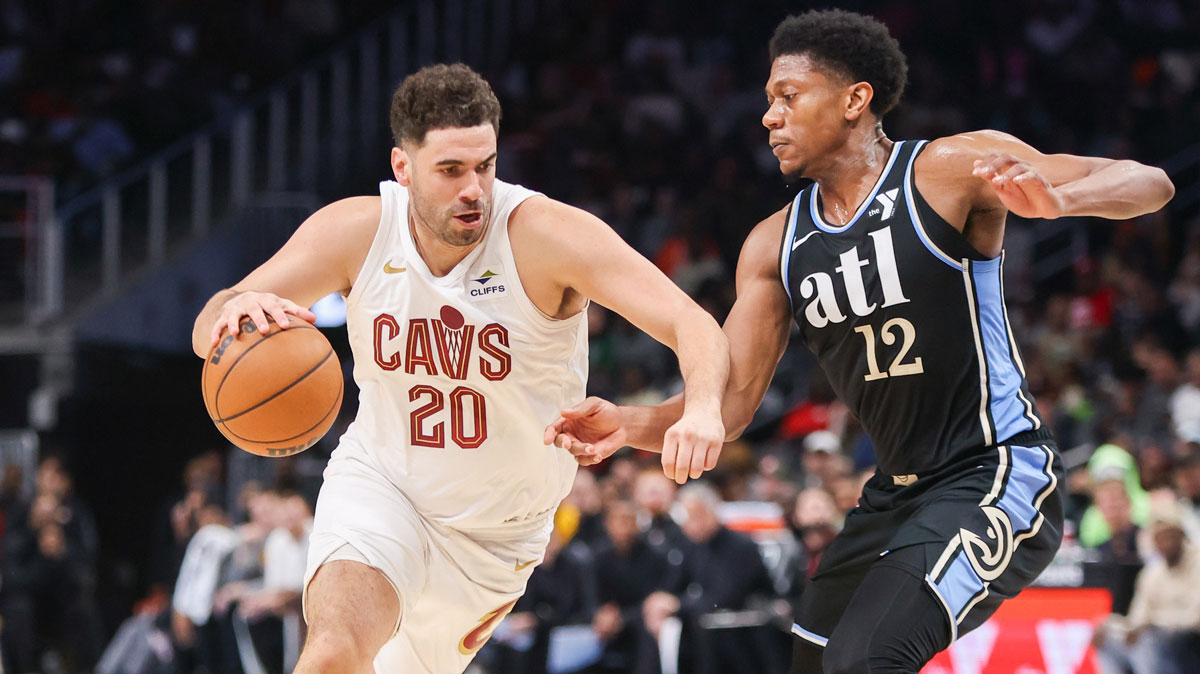
Since the 2019 NBA Draft, the Cavs have had Hunter on their radar. Unfortunately, things changed when the Hawks snatched him up with the No. 4 pick, just ahead of Cleveland's selection of Darius Garland at No. 5. While Garland has since transformed into a standout superstar, Hunter’s journey has been more complex.
Fast forward to today, and Hunter brings a new level of wing depth to the Cavs for the first time since LeBron James departed after the 2017-18 season. At 6’8” with an impressive 7’2” wingspan, Hunter embodies the athletic wing player Cleveland craves. This season, he has thrived in Atlanta, averaging a career-high 19 points per game while shooting 39.3% from beyond the arc.
Yet, despite his impressive physical attributes, Hunter hasn't made the defensive impact that many anticipated. The Hawks sit 17th in defensive rating, and Hunter's presence doesn't help. The team's defensive performance drops by 5 points per 100 possessions when he's on the court. While these figures raise some eyebrows, a fresh start in Cleveland could be just what Hunter needs to unlock his defensive potential.
In Atlanta, Hunter was tasked with being the main on-ball defender, a role that didn’t align with his strengths from his college days. He excelled at positional defense at Virginia, focusing on smart rotations and reducing errors. Hunter could thrive as a high-impact team defender by pairing him with Cleveland's formidable defensive duo of Evan Mobley and Jarrett Allen. He can hone his natural skills and give the Cavs a defensive edge.
There are still uncertainties surrounding De'Andre Hunter's long-term fit with the Cavs. But those questions will only be answered once he hits the court, showcases his three-point shooting, and proves his defense prowess. Regardless, this acquisition is a promising development for Cleveland. This team has championship aspirations shortly. With Hunter on board, they’re one step closer to achieving that goal.

